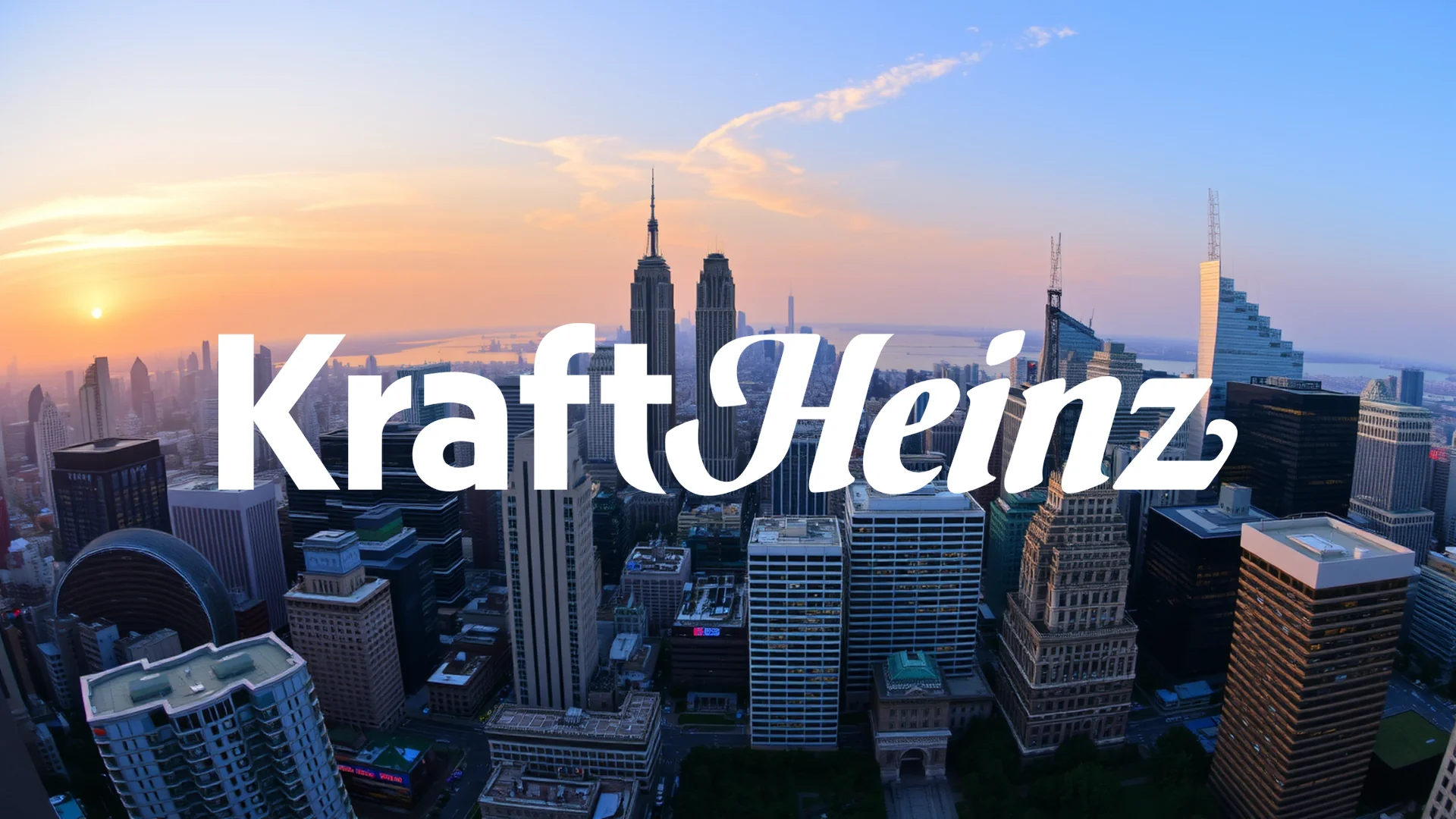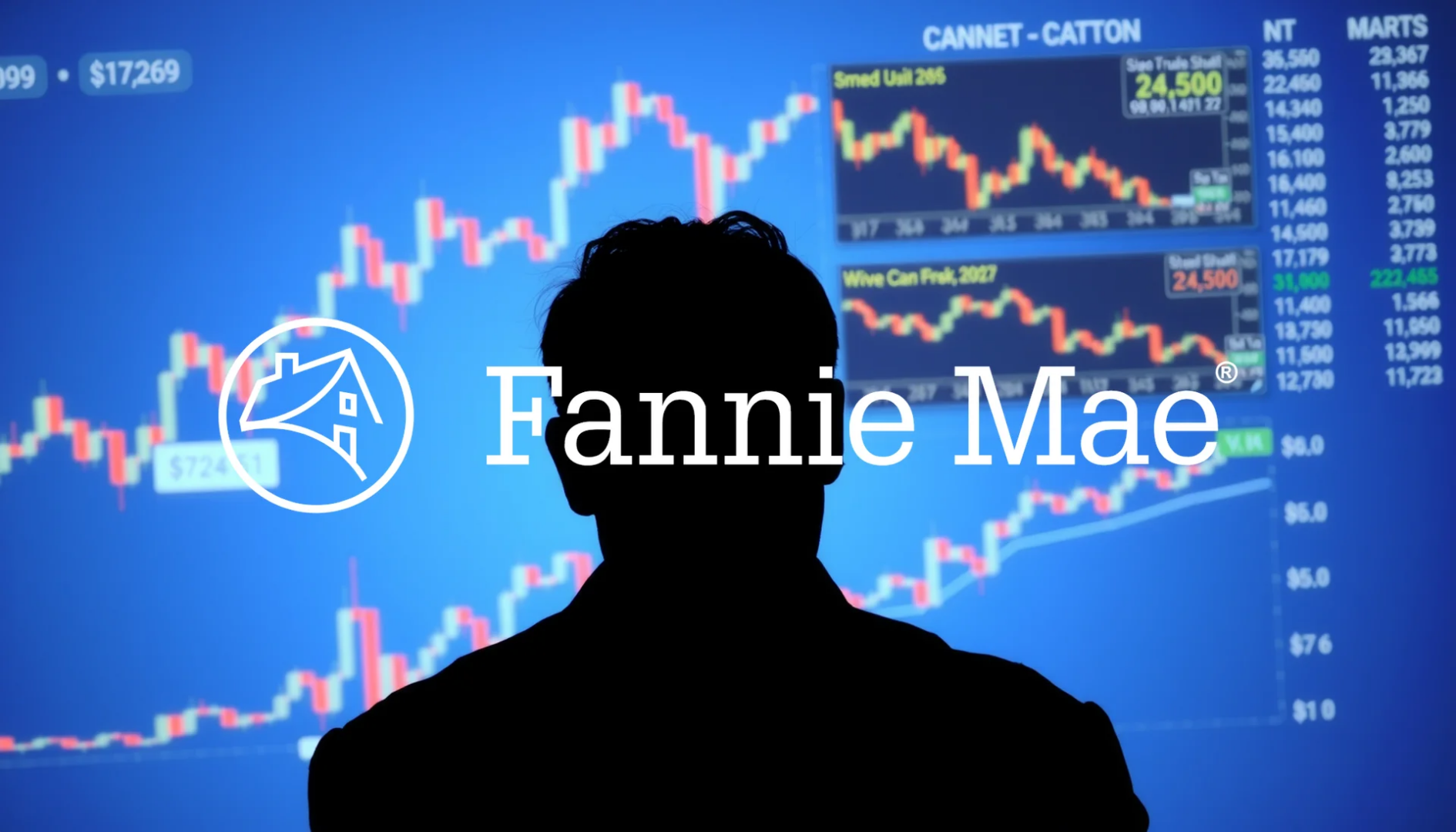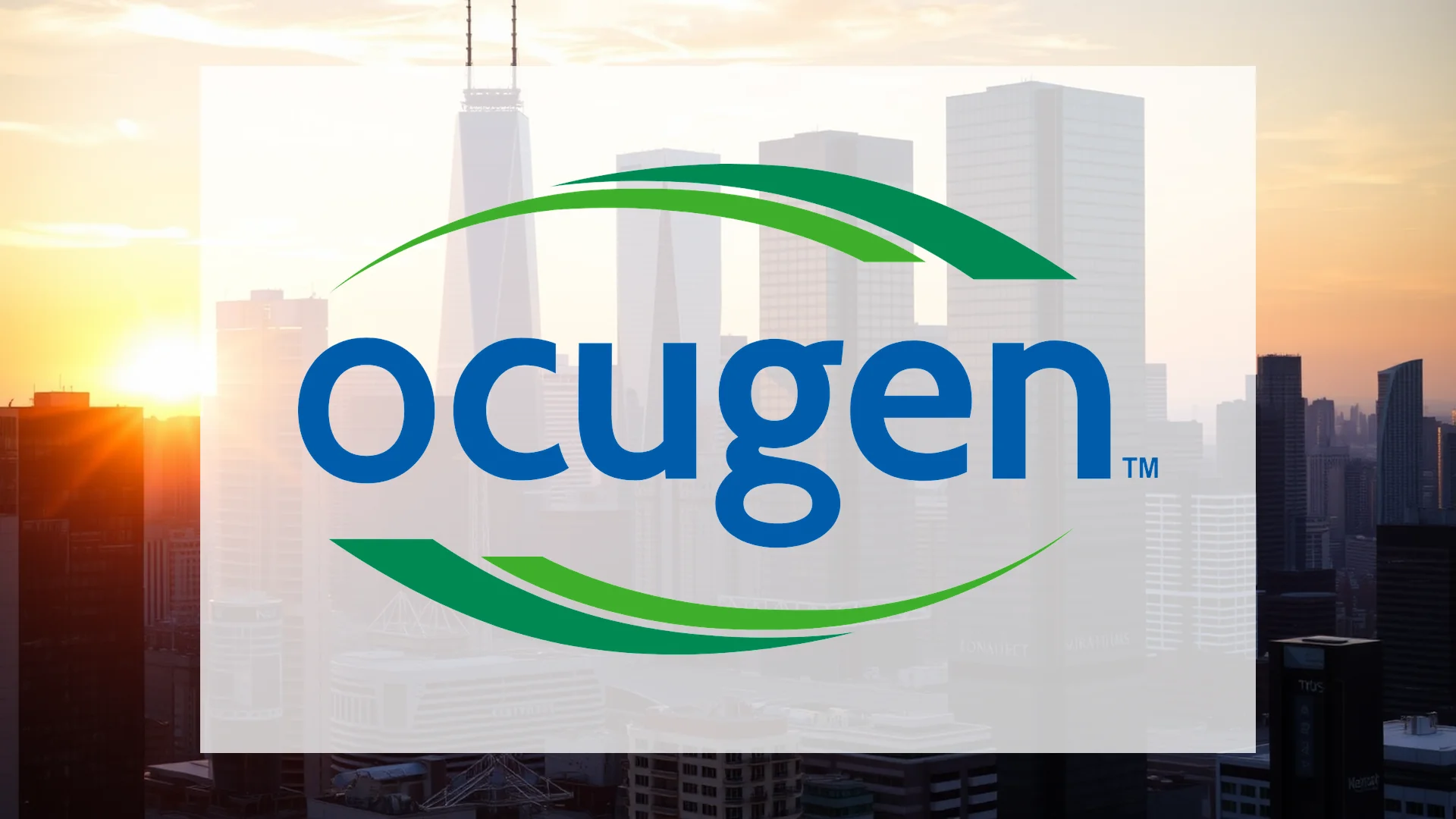In a dramatic strategic reversal, food industry titan Kraft Heinz has announced it will unwind its decade-long merger by splitting into two separate publicly traded companies. The move has provoked an unusually public display of frustration from one of its most significant investors, Warren Buffett, who is typically known for his diplomatic restraint.
A Radical Restructuring Plan
The company revealed on September 2nd that it would separate into two distinct entities. One business, to be named “Global Taste Elevation Co.,” will focus on sauces, condiments, and ready-to-eat meals, generating approximately $15.4 billion in annual revenue. The other, “North American Grocery Co.,” will house its portfolio of staple food products and is projected to bring in $10.4 billion.
Management cited the current corporate framework as overly complex and inefficient for optimal capital allocation. CEO Miguel Patricio is slated to oversee the separation process in the role of Executive Chair. Carlos Abrams-Rivera has been named to lead the new North American grocery unit.
The process is not without significant expense. The company anticipates incurring $300 million in additional costs to complete the separation, which is targeted for the second half of 2026—a detail that has notably irked its largest shareholder.
A Vocal Opposition from Omaha
In a rare departure from his customary reserve, Berkshire Hathaway Chairman Warren Buffett publicly criticized the decision. He told CNBC that while the original merger “was certainly not a brilliant idea,” he did “not believe a split solves the problem.”
Should investors sell immediately? Or is it worth buying Kraft Heinz?
In an even more unusual step, Buffett’s designated successor, Greg Abel, reportedly contacted Kraft Heinz management directly prior to the final decision to formally convey the discontent of Berkshire Hathaway, which holds a 27.5% stake valued at roughly $8.9 billion. A particular point of contention for Buffett is that shareholders are being denied a vote on the proposed split, a move he perceives as an affront to major investors.
Wall Street Expresses Doubts
The announcement has been met with a mixed reaction from financial analysts. While Morgan Stanley upgraded its rating on the stock, institutions including Wells Fargo, UBS, and Bank of America responded by lowering their price targets.
Max Gumport, an analyst at BNP, echoed a sentiment of skepticism, suggesting the separation alone is unlikely to resolve the company’s fundamental performance issues. These doubts are well-founded. Since the monumental $45 billion merger was finalized in 2015, Kraft Heinz shares have lost nearly 60% of their value. The company has reported a decline in organic sales for seven consecutive quarters, struggling against a powerful consumer shift toward less processed and organic food options as it faces intensified competition from brands like Rao’s Homemade.
The Unwinding of a Mega-Merger
The planned split effectively reverses the 2015 mega-merger, serving as a stark admission that the ambitious consolidation failed to achieve its goals. The union was initially pursued to leverage massive cost savings and combined brand power to drive growth. Instead, the conglomerate has consistently struggled to adapt to evolving market trends.
For the company’s weary shareholders, the multi-billion-dollar question remains: Will this costly and complex corporate divorce finally catalyze a turnaround, or is it merely an expensive attempt to treat the symptoms of a deeper illness?
Ad
Kraft Heinz Stock: Buy or Sell?! New Kraft Heinz Analysis from February 7 delivers the answer:
The latest Kraft Heinz figures speak for themselves: Urgent action needed for Kraft Heinz investors. Is it worth buying or should you sell? Find out what to do now in the current free analysis from February 7.
Kraft Heinz: Buy or sell? Read more here...









